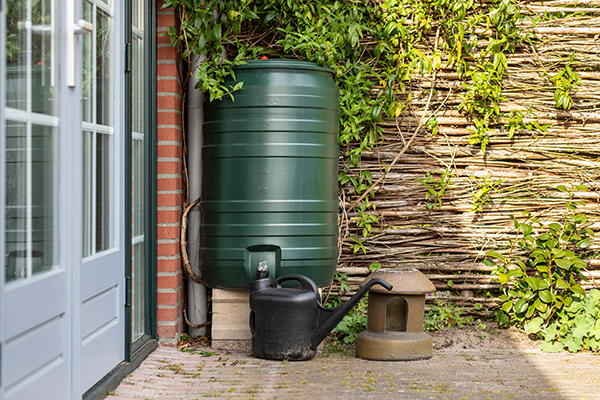
You will need the following materials:
- Wooden beams that measure 1.5" x 1.5" that are 20 feet in length
- Wooden beams that measure 0.5" x 0.5" and 25 feet in length
- Four wooden planks
- At least one Plexiglass sheet that measures 3' x 3'
- Two metal corners and four hinges
- A black material that measures 3' x 3'
- Metal wire that measures 3' x 3'
You will also need a drill, a jigsaw or a manual saw for cutting, a hammer, and a measuring tape. When finished, the dryer will measure 2' 7.5" x 2' 7.5" x 2' 3", although the proportions can be adjusted. (Related: A simple guide to creating a pollinator-friendly garden.)
Build your very own solar-powered fruit dryer
Start by building the structure. Use the drill to screw two wooden beams that measure 1'8" onto a plank. Leave two inches of free space at the top for the front part of the dryer.
Do the same for a larger wooden plank and two longer 2'1" beams. This raised rear portion will give the dryer a good slope, which will allow sunlight to enter the box with greater ease.
Take the other two planks – which have been cut into quadrilateral shapes with the upper sides sloped – and nail them on the front and the back of the dryer. They will serve as the sides of the solar dehydrator.
This completes the basic structure of the fruit dryer. Next on the to-do list is the bottom and the separate drying place.
Set the four wooden beams inside the dryer with a beam between each leg. Nail them into the bottom part of the planks that make up the box. These beams will hold the bottom of the dryer.
Now it is time to build the bottom itself. Using thick wooden beams and nails, build a rectangle with a beam in the middle. Cover this with the dark material, which you should nail or glue into place.
The bottom should rest on top of two of the wooden beams that you added to the dryer. Either the front and rear beams or the side beams will serve this purpose.
Enjoy naturally sun-dried fruits with a home-made fruit dryer
Now for the drying area itself. It is a slightly bigger version of the bottom part. Instead of the dark material, it will be covered in the metal wire that was cleaned beforehand.
Attach two metal corners to the spots on the rear legs that correspond to the height of the front legs. This will remove the incline and support the drying area.
With the new support points added, slide the drying area into the dryer box. It should be a snug fit.
The last step is to add a Plexiglass lid on top of the dryer. This will let the light in but keep flying insects or the occasional animal out. You can choose to have one big lid or several smaller lids.
Attach the Plexiglass sheets to the rear part of the box. Use one – if you will open the lid often – or two hinges for each sheet.
Now you have your very own fruit dryer. Put it in a place where it can get a steady amount of sunlight. You might also want to consider planting a little garden or fruit tree of your own to provide freshly-grown fruits and veggies.
You can learn how to grow the fruits that could go into your fruit dryer at HomeGardeningNews.com.
Sources include:
Please contact us for more information.























